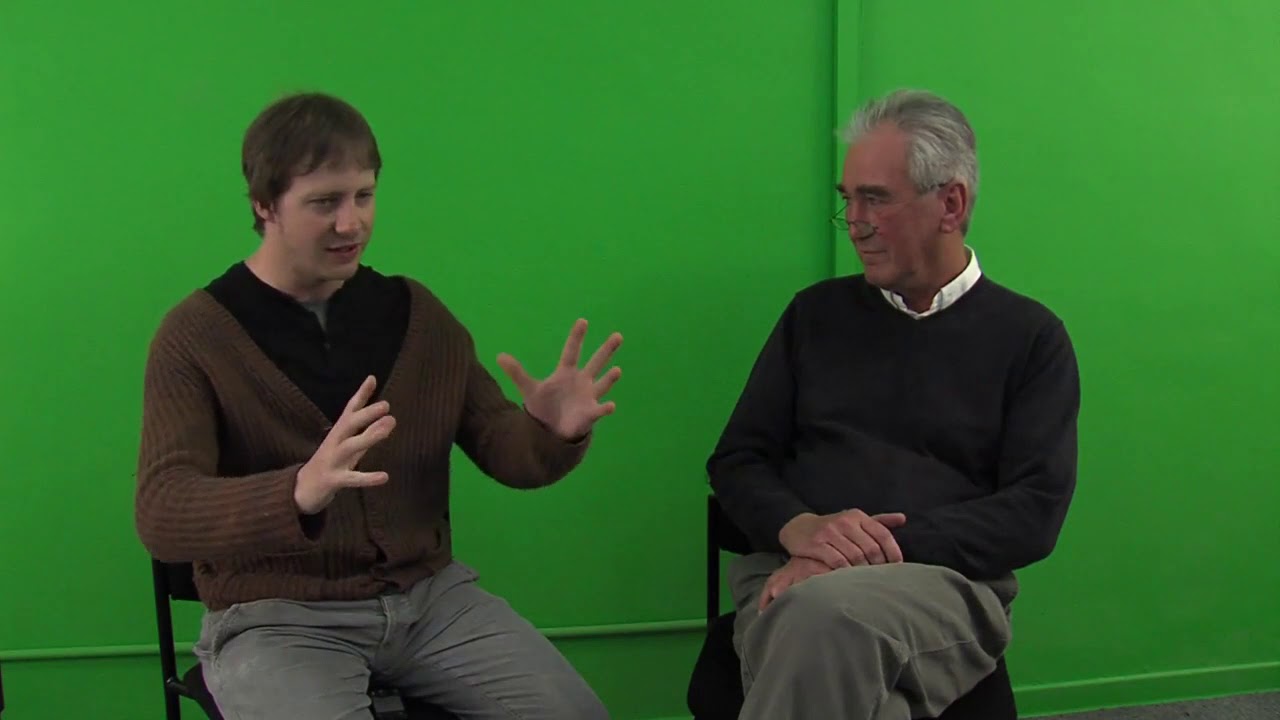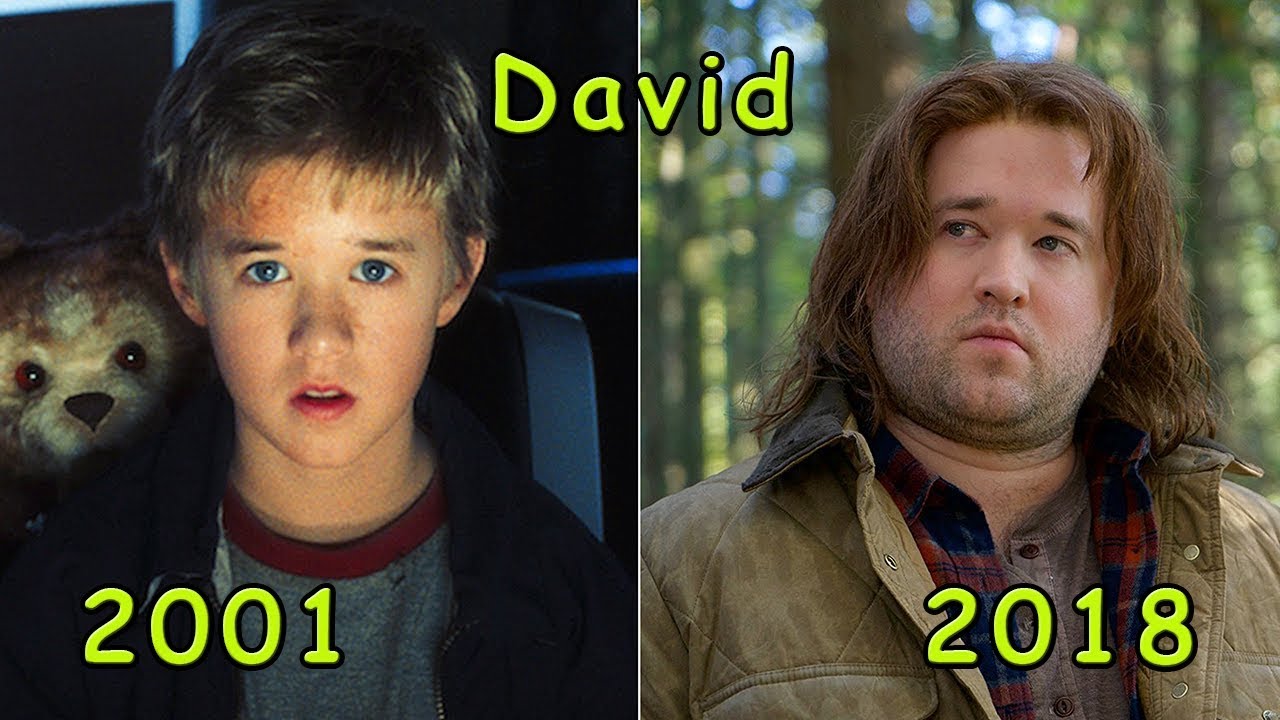Philosophy Overdose
Philip Goff and David Papineau discuss consciousness and whether it’s something wholly physical/material. Goff rejects physicalism, Papineau accepts it. In this discussion, they examine the arguments on each side. They discuss the causal exclusion argument for physicalism, the much-discussed “knowledge argument” against physicalism, conceptual dualism, Goff’s own reasons for rejecting physicalism, the dualist arguments of Chalmers and Jackson, Papineau’s reasons to reject the transparency of phenomenal concepts, the so-called “explanatory gap”, and the specter of epiphenomenalism.
All credit to Philosophy TV: www.philostv.com.
Source




I wish political conversations were as formal and civil as this one.
BULLSHIT!
Everybody know deep down in their hearts dthat physicalism is true.
This will be solved by further scientific investigation not philosophical speculation.
Panpsychism is a stepping stone to Subjective Idealism….or at least it was with me…and I'm seeing this transition happening in the minds of progressive scientists like Goff. Lanza is 'closer to the truth' than Goff imo….. Good listen here….https://www.cbc.ca/radio/ideas/biocentrism-rethinking-time-space-consciousness-and-the-illusion-of-death-1.3789414
The causal argument begs the question because physic reality itself can be doubted
Nominalism
This is a great dialogue & debate. It seems like these two respect each other.
Realist Materialism vs Phenomenological Existentialism; regarding consciousness and the dualist problem of physicality they seem to create.
Thanks for uploading this discussion ! I really appreciate it.
I think Papineau’s argument is flawed in P2… which is the central (but unproven) assumption of Physicalism.
P1: Mental events cause physical effects.
P2: All physical effects have physical causes.
C: Therefore mental events have physical causes.
Jaegwon Kim in “Physicalism or something near enough” examines the “double world-knot” problem for Physicalism of “irreducibility” and “mental causation”, which leaves Physicalism suffering the same objection as Substance Dualism ie. having no plausible explanation or mechanism for mental events to cause physical effects.
Personally, I think the Liverpool guy should have argued for Property Dualism, or Panpsychism or Neutral Monism, as the main alternative to trad Physicalism. His “Knowledge argument” (Mary’s Room) isnt well refuted by the Cary Grant/Archie Leach both born in Bristol metaphor argument. The whole point of Mary’s Room is the incongruity of the two types of ‘knowledge’ ie. factual and experiential!
Are they red pilled on the JQ? Or are they cucks
what exists is dependant on the mind to conceptualize and realize its existent, therefore the mind is independent of all reality, and is active in its construction. this does not mean there is no material, but, that the material needs to be realized through an intellect in order for it to be that material, in order to be existent. mind and matter, have two very distinct properties; mind is immanency, while matter is a base transcendence; that which transcends itself from its base property to be what it is. though this is not a process, for immanency is all pervasive, the base transcendence of matter does not transpose to immanency in order to exist, the fact that it is transcending, is the fact that it exists physically, that it is matter, and it is evident and universal to the immanency of mind. matter is a passivity compared to the activity of mind which shapes it ideally, and gives matter attributive elements. matter has a transcending property, always, and this is mainly the problem with these metaphysical disputes- they neglect the transcendency of matter.
Green screen?
I think a more relevant discussion would be reductive physicalism (type identity) versus non-reductive physicalism (token identity). I don't believe dualism is widely accepted these days.
there is no immediate survival utility to me knowing directly that my pain is caused by certain neurochemical processes…… what matters is that i am aware something is wrong via the signal of pain, which is caused by neurochemical processes and experienced via my brain. the experience of pain is an emergent property of the neurochemical processes created by something happening in or to certain structures in my physical body. the ability to understand how those processes occur is a development of science, just as understanding bacterial or viral infections for example is not innate to the experience of being sick and feeling terrible, but comes later via scientific inquiry. as with dualist theories of consciousness, in the past it seemed only natural to believe the illness was caused by an evil spirit or a witch's spell —but guess what: the cause is physical, not supernatural!
the hole in the mary argument as he presents it is that the sudden ability to see color would have to be explained by something in her eye or brain now functioning better… she may have known abstractly about color, but now she experiences it via her physical sense organs and physical brain, and so knows something she didn't know before. the inability to see color would also have been an aspect of how her physical eye and physical brain were functioning. the experience of color depends on neurobiological processes… nothing else need be postulated.
consciousness is an emergent property of neurobiology. it is a unique and utterly remarkable phenomenon, but mind is what brain does. no brain = no mind. damaged or sick brain = reduced mind, intoxicated brain = distorted mind. never once has there ever been a mind without a brain. less complex brains have less complex consciousness, self awareness, memory, capacity for learning etc… searle has the best formulation: mind reduces causally but not ontologically to brain. in other words the domain of mental experience is unique, and indeed different than the brain, but it is nonetheless an emergent property of the brain. much in the same way that music is different than the instruments that it emerges from, but nonetheless depends upon them… it would be a mistake of language to then insist that we don't know what music really is even though we know it has a correlation with the mechanics of the instruments that create it. in the same way that music emerges from instruments (as well as math, physics etc) so too the data being expressed as this video emerges from computer code, and the experience of consciousness emerges from (and occurs via) brains. the dualist argument defies occam and is based in an intuitive but fallacious dualism that is a side effect of how our brain evolved to essentially not know itself as a brain, but as an open space in which consciousness experience arises! this intuition is on the same level as perceiving the world as flat, the sun rising and setting, and going around the earth. we have faulty intuitions about all manner of things, which seem very convincing —mind as wholly other than matter is one of these…
Deep.
How does he know that he decides to raise his hand ? Before he raises it
Please someone make a use of this green background